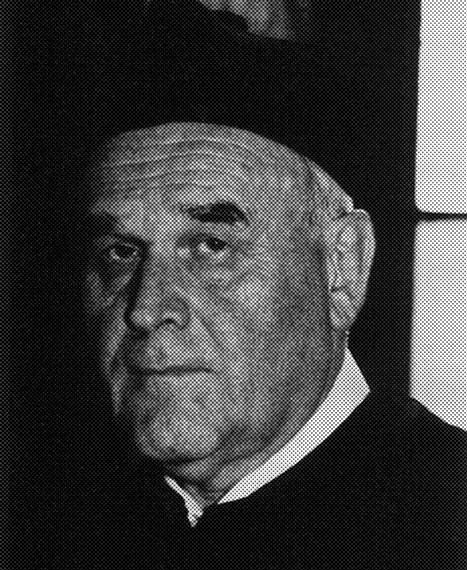
Prof. Herbert Schambeck, DHC of the University of Wrocław, passed away
On the 2nd of October 2023, prof. Herbert Schambeck, a lawyer, politician, and professor at the Johannes Kepler University Linz, President of the Federal Council (1992, 1997) died at the age of 90. Doctor Honoris Causa of the University of Wrocław (the 22nd of March 2000 – resolution of the Senate of the University of Wrocław; the 24th of May 2000 – promotion ceremony, supervisor: prof. Bogusław Banaszak).
Herbert Schambeck was born on the 12th of July 1934 in Baden. He began his legal studies in 1953 at the University of Vienna, where he obtained a Doctor of Juristic Science degree in 1958. After a year of judicial practice in Baden and Vienna, he became assistant to the world-renowned administrative law attorney prof. Adolf Merkel. At the University of Vienna, he habilitated in the field of philosophy of law (1964) and received a full-time lecturer position at the Law Faculty. In the years from 1964 to 1966, he worked in the scientific department of the Austrian Federal Economic Chamber, and in 1966 he was granted the title of associate professor in the Department of Political Science and Austrian Constitutional and Economic Law at the University of Innsbruck. In 1967, he moved to the Johann Kepler University Linz and remained affiliated with the university until his retirement in 2002. In Linz, he was awarded the title of full professor, entered the position of the Chair of Public Law, Political Science and Philosophy of Law and established the Institute of Labour Market Policy (headed by Schambeck in the years 1968–1993). As a “visiting professor” he lectured at universities in Brazil, Chile, China, the Czech Republic, Greece, Spain, Japan, Germany, Poland, Portugal, South Africa, the United States, Italy, the United Kingdom, and Hungary.
Over a long period of time, he combined his academic work with social and political activities. From 1969 to 1997, he was a member of the Federal Council on behalf of the Austrian People’s Party for the Lower Austrian district, and from 1975 to 1997 he served there as chairman of the party’s Christian Democratic faction; during this time he was constantly elected chairman or vice-chairman of the Federal Council. In 1997, he resigned from his parliamentary seat and all political factions, wishing to devote himself to academic work primarily.
Schambeck was a member of numerous international organisations and scientific societies, including the Vienna Catholic Academy of Sciences, the Academy of Sciences in Padua, the North Rhine-Westphalian Academy of Sciences in Düsseldorf, the Spanish Royal Academy of Moral and Political Sciences, the Pontifical Academy of Social Sciences and the Hungarian Academy of Sciences. He is a member of the J. W. Goethe Foundation in Basel, the Austrian-German Cultural Society, the Austrian Commission of Jurists, the Jean Monet Foundation for Europe, and the German Association of Constitutionalists.
Prof. Herbert Schambeck’s research interests included above all issues of constitutional law and human rights, as well as problems of the relationship between a state and the Roman Catholic Church. He focused on novel trends concerning the development of the democratic state and the rule of law, contemporary federalism, and the processes of European unification. He undertook research on the emerging civil society and the position of the individual in it, as well as on ethical issues and the problem of responsibility in a democratic state. He devoted a great deal of attention to the social teaching of the Roman Catholic Church and its influence on the shape and functioning of the modern world.
Translated by Patrycja Orman (student of English Studies at the University of Wrocław) as part of the translation practice.



